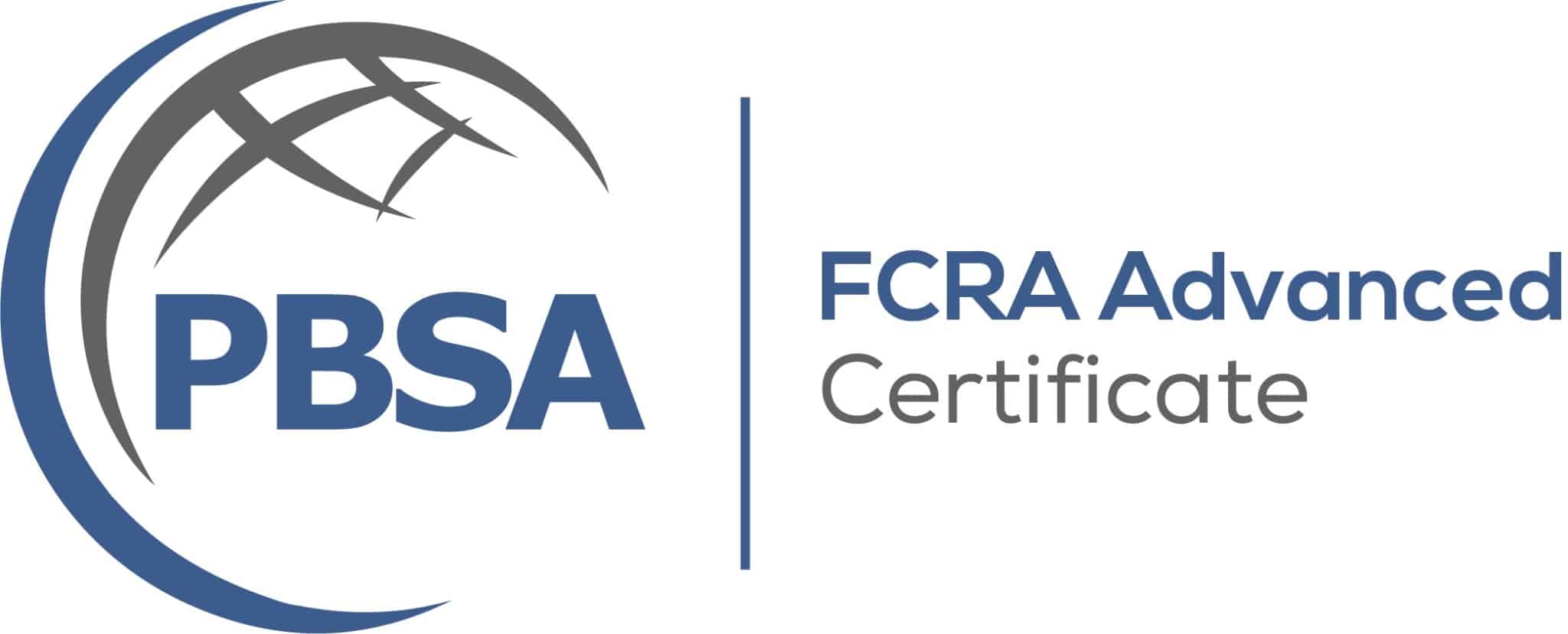
Background Check
Compliance note
- Employers must provide written disclosure and obtain written consent before ordering a background check under the FCRA.
- Background checks must be job-related and applied consistently to avoid discrimination under EEOC guidelines.
- Adverse action requirements apply if hiring decisions are based in whole or in part on background check results.
Related terms
Authoritative source
Frequently Asked Questions
Q: What does a typical employment background check include?
A: Most employment background checks include criminal history searches, employment and education verification, driving records, and sometimes drug testing or professional license verification. The scope depends on the role and employer policies.
Q: How long does a background check take?
A: The timeline varies depending on the depth of the search and responsiveness of sources. Many checks are completed in 1–3 business days, but international or specialized verifications can take longer.
Q: Do applicants have rights during the background check process?
A: Yes. Under the FCRA, candidates must receive a disclosure, give written consent, and be provided with copies of their reports and a notice of rights if adverse action is taken.
DISCLAIMER: The information provided in this glossary is for general informational purposes only and should not be construed as legal advice. While we strive for accuracy, EDIFY Background Screening does not guarantee that the definitions or explanations are complete, up to date, or error-free. Employers should always consult with competent legal counsel to ensure compliance with applicable laws and regulations.
Stay Updated with EDIFY Insights Newsletter
Get compliance tips, background screening updates, and HR best practices delivered straight to your inbox.





